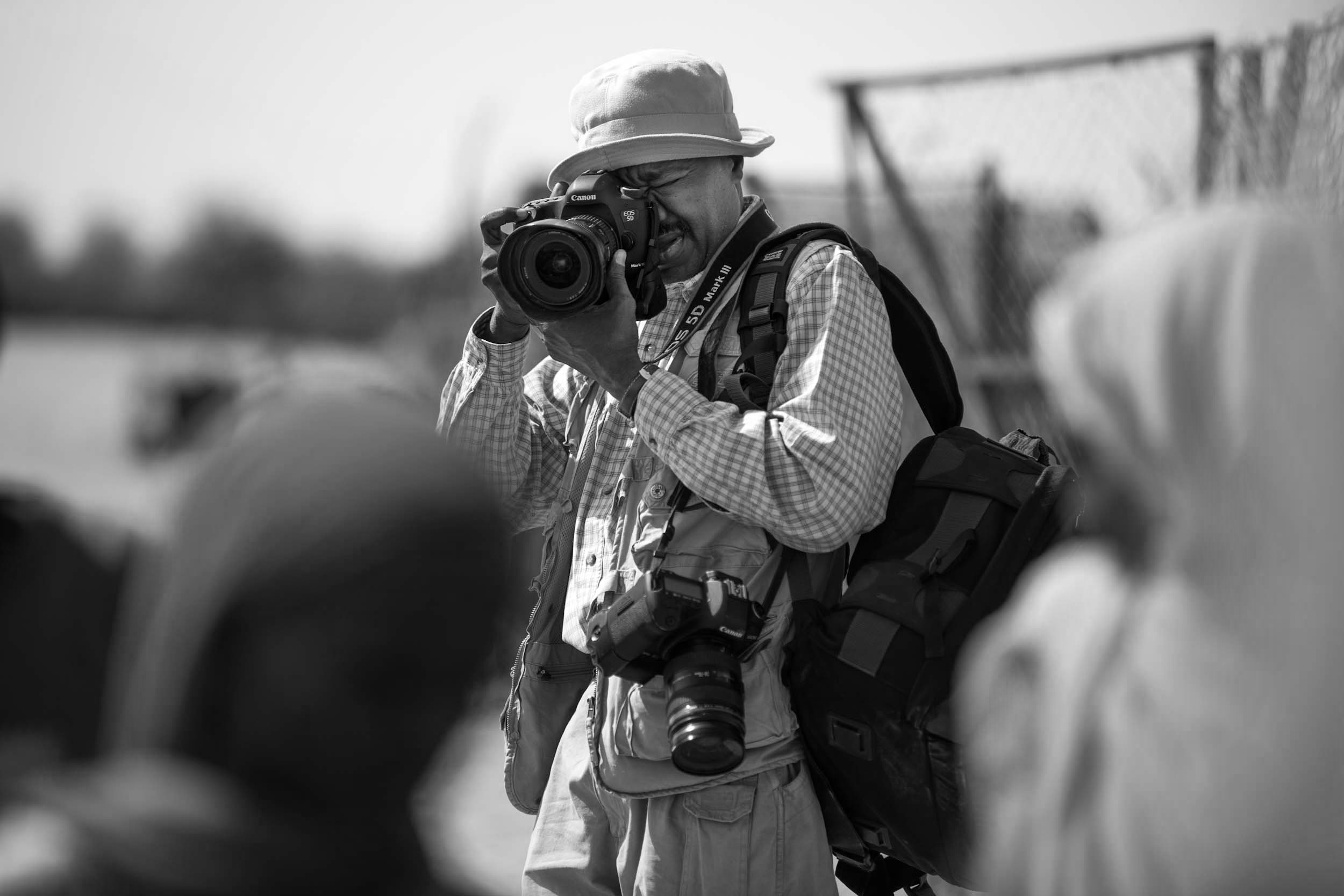
12 November, 2019
Don’t Shoot the Messenger: End Impunity Against Journalists in the East and Horn of Africa sub-region
Disappearance, arbitrary arrests, torture, and killings of journalists in the East and Horn of Africa sub-region are far too common, raising serious red flags to the state of freedom of expression, press freedom, and access to information in the sub-region. Today, as we commemorate the International Day to End Impunity Against Journalists, we call on governments to ensure justice for journalists and media workers who are victims of human rights violations.
Journalists are guardians of fundamental human rights, as they are often at the frontline, exposing human rights violations. Across the East and Horn of Africa sub-region, journalists face a wide range of challenges when carrying out investigative work, especially when reporting on contentious and critical issues.
“Threats are to make you silent and if you refuse, they will terminate you.”
Despite the UN Plan of Action on the Safety of Journalists and the Issue of Impunity, in addition to the several regional and international frameworks, journalists continue to be at risk as a consequence of their work. Only looking at recent cases, examples abound. On 15 July 2019, Rwandan journalist Constantin Tuyishimire was reported missing. On 24 July 2019, journalist Sadig Al Rizaigi, Chairperson of the Sudanese Journalist Union and editor-in chief of Al-Sayha newspaper, was detained. On 30 July 2019, police in Somaliland arrested four journalists from the privately owned Eryal TV. Recently, we also marked the three years anniversary of the disappearance of the Burundian investigative reporter, Jean Bigirimana. Azory Gwanda, a prominent Tanzanian journalist, has now been missing for over 500 days – with no answer from the Tanzanian government. These are just a few of the grave human rights violations carried out against journalists in the sub-region.
“I was arrested after reporting on demonstrations and held for one month. They threw me into a room with no light… Later they tried to bribe me to work with them.”
The enactment of draconian laws, including laws on cybercrime and terrorism, gravely affects the work and well-being of individual journalists – as illustrated in the case of Mesganaw Getachew, a reporter for the privately owned Ethiopis weekly, who was assaulted and arrested on 9 August 2019 after recording an interview outside a court in Addis Ababa, and is now facing allegations of contravening Ethiopia’s Anti-Terrorism Proclamation.
Attacks on national and international media houses also remain unabated, and further jeopardizes freedom of expression, press freedom, and access to information. In Burundi, BBC and Voice of America were banned from broadcasting within the country in March 2019. The ban on media houses is further used as a strategic tool in times of conflict. In May 2019, the Sudanese Transitional Military Council (TMC) abruptly closed the offices of Al Jazeera in Khartoum, Sudan, withdrawing their license without justification and banned their journalists from carrying out any reporting on Sudan with immediate effect – just a few days before the 3 June 2019 massacre.
“I will never stop writing. The pen is our weapon; this is all we have.”
DefendDefenders call for the immediate cessation of the deliberate attacks on journalists, and freedom of expression, press freedom, and access to information, by governments and security forces. Independent and free media is a cornerstone of functioning democracies, and essential to ensure fundamental human rights.
For more information about DefendDefenders work on the protection of journalist in the East and Horn of Africa sub-region, contact [email protected].
- Immediately and unconditionally release all journalists arbitrarily detained or held on spurious charges;
- Immediately cease the practice of judicial, administrative and physical harassment of journalists;
- Immediately cease banning dissenting media outlets, as well as all blanket bans on media;
- Adopt or amend legislation relating to the media and ensure that it is in line with regional and international standards;
- Remove all forms of criminal defamation from existing penal codes in compliance with the African Court on Human and Peoples’ Rights decision in Lohé Issa Konaté vs. The Republic Burkina Faso and with Article 9 of the African Charter;
- Implement recommendations made by the African Commission on Human and Peoples’ Rights (ACHPR) in its Declaration of Principles on Freedom of Expression in Africa, including with regards to Article 15 on the protection of sources;
- Adopt laws on access to information based on the ACHPR’s Model Law for African States on Access to Information;
- Ensure that journalists unions are able to work independently and effectively; and
- Organise trainings with police and national intelligence on press freedom and freedom of expression.



